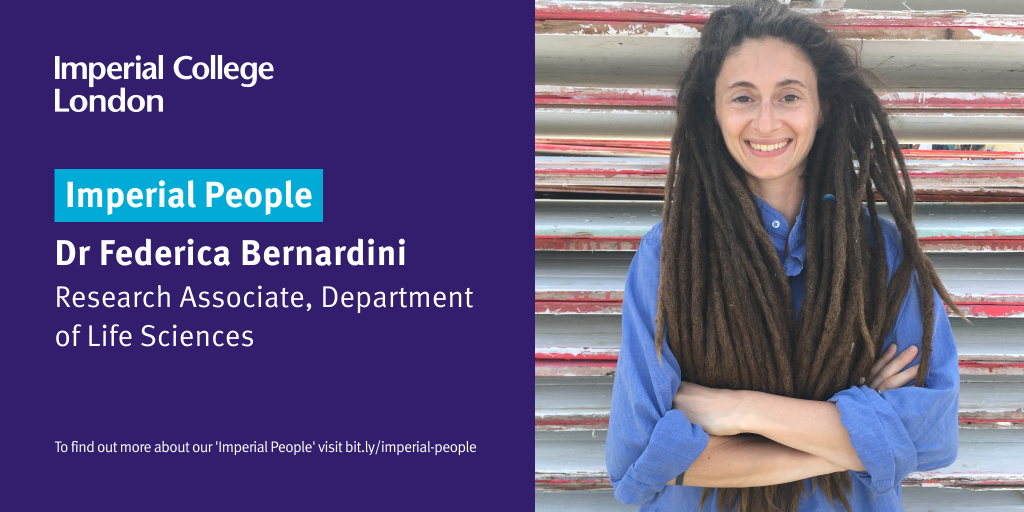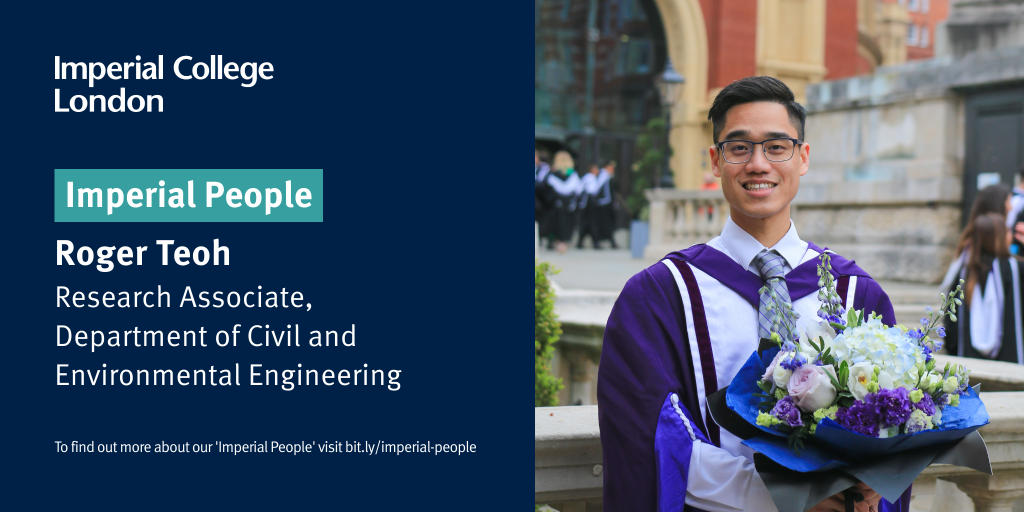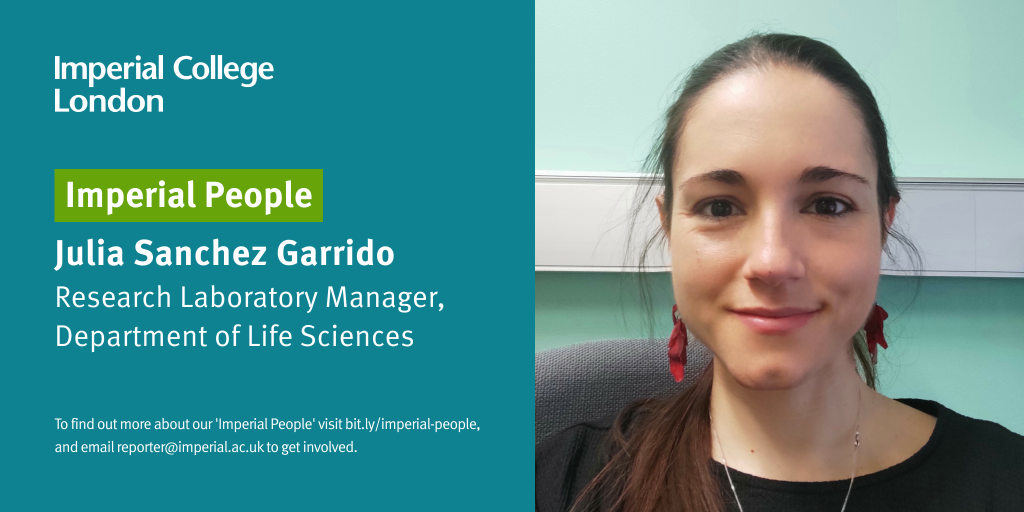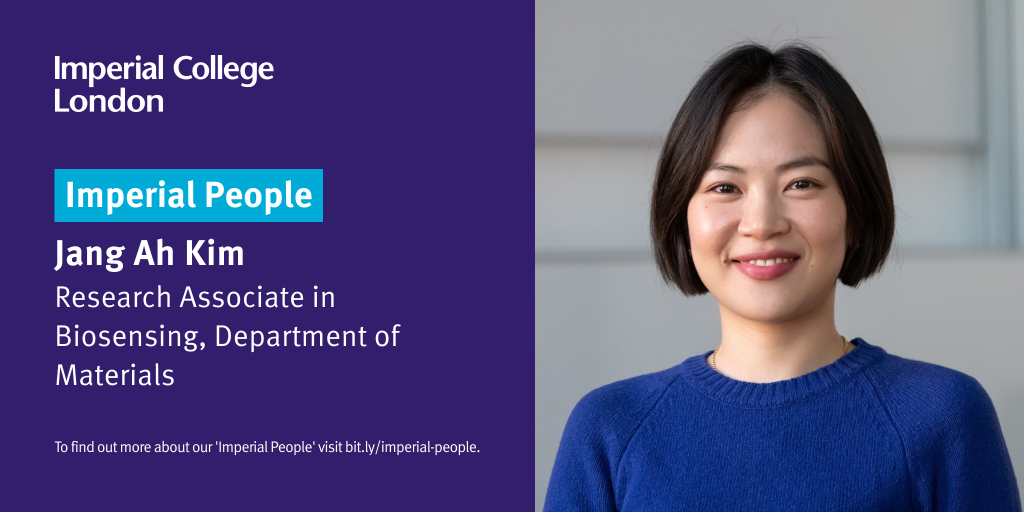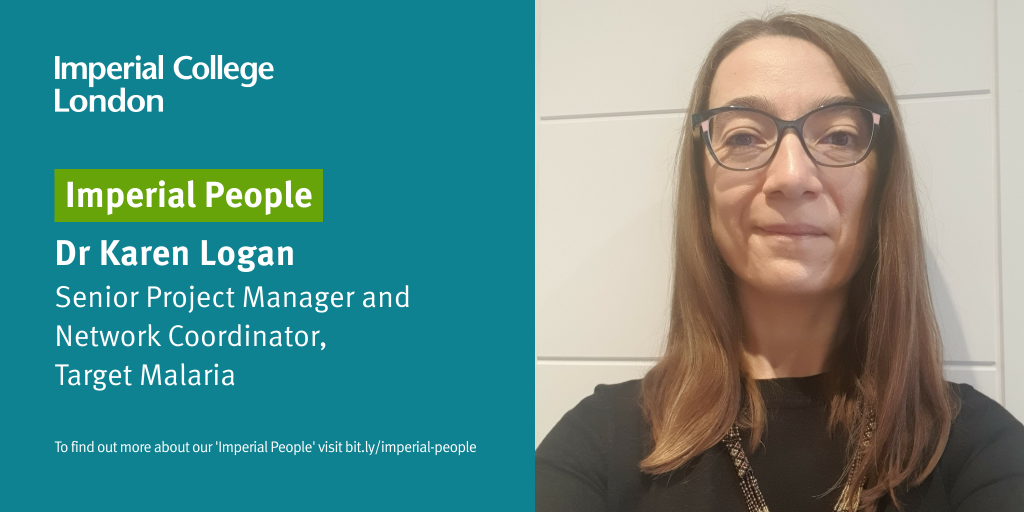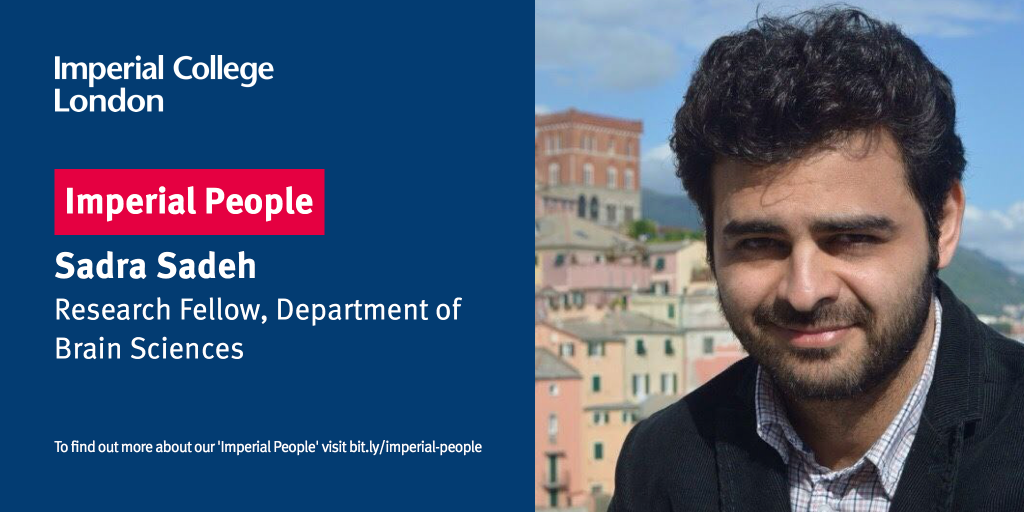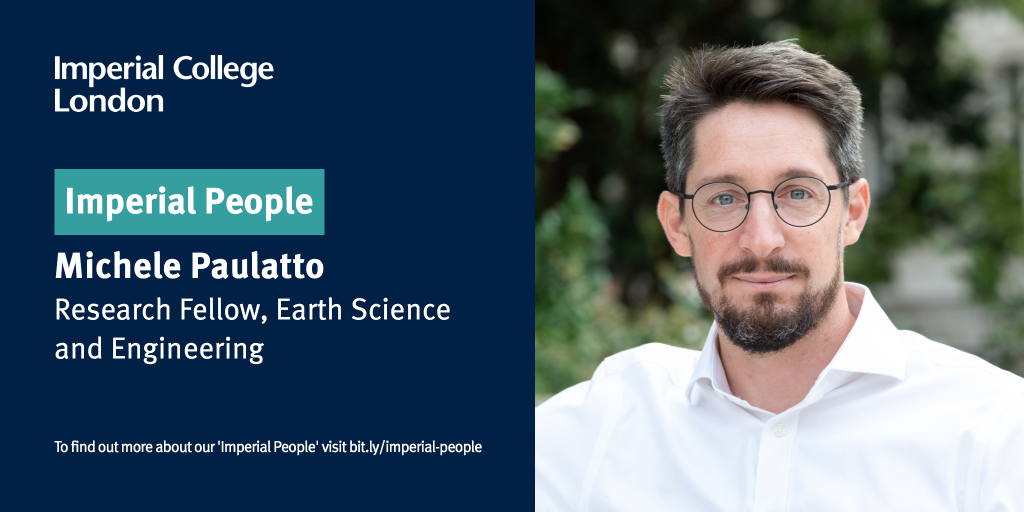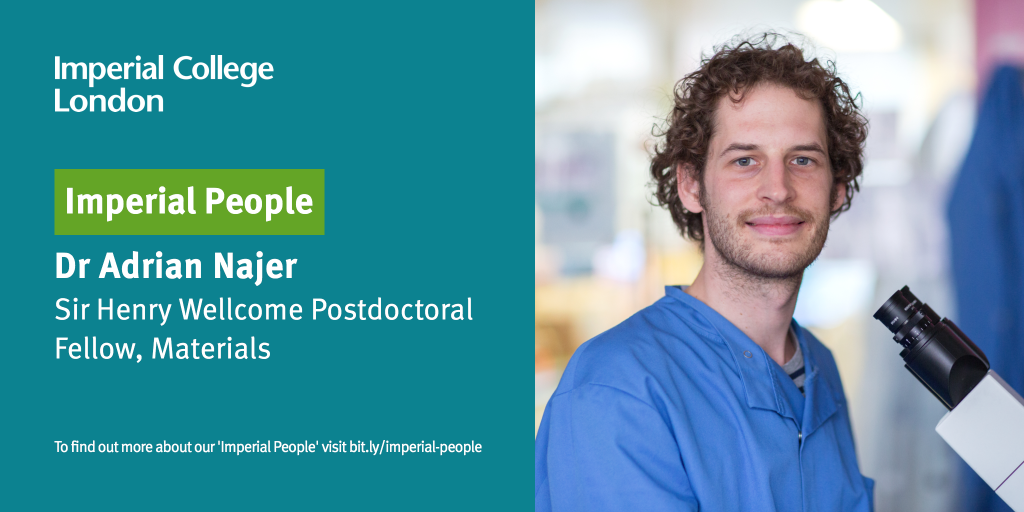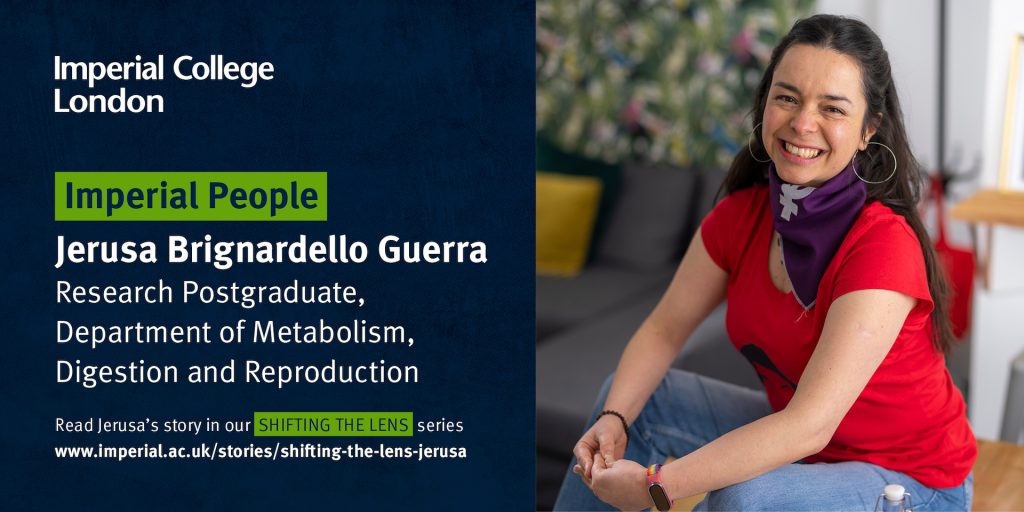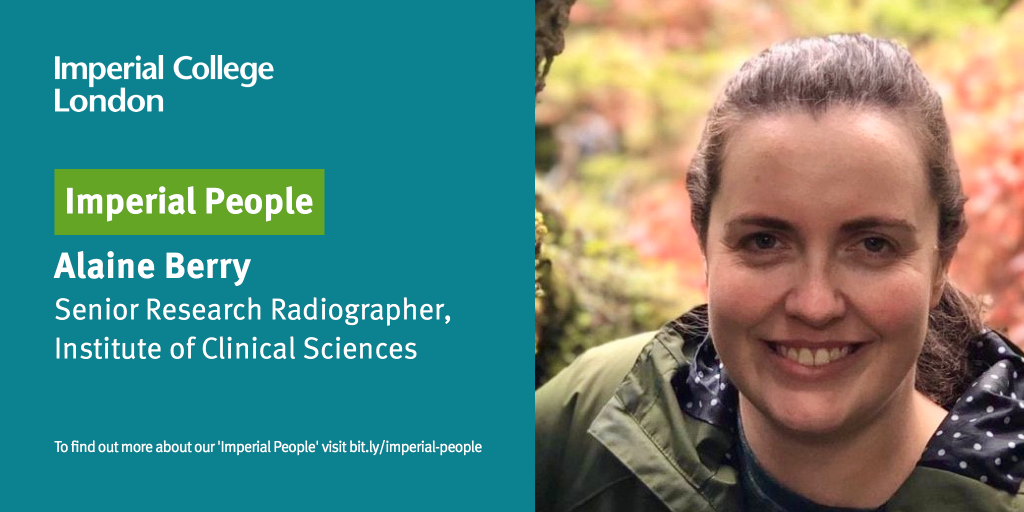
“I was lucky enough to be part of the medical team at the London 2012 Olympic and Paralympic games, a truly unforgettable experience and a patient group like no other!”
I completed my undergraduate degree qualifying as a Diagnostic Radiographer in 2004. I’ve enjoyed a brilliantly varied career up to now, working clinically in various countries, commencing a research career at UCL, and completing an MSc in Medical Magnetic Resonance. I was lucky enough to be part of the medical team at the London 2012 Olympic and Paralympic games, a truly unforgettable experience and a patient group like no other!
A particular career highlight came in 2014 when I worked in the Falkland Islands for a year. I was responsible for the medical imaging of the human population as well as that required by the veterinary service and the fisheries department.
My current role at Imperial is as Senior Research Radiographer in a friendly and supportive team at the Mansfield Centre for Innovation. We optimise, acquire and analyse MRI data for an array of different studies, working closely with cardiac and psychiatric imaging groups who study diseases ranging from cardiomyopathy and pulmonary hypertension to schizophrenia and psychosis. We also perform some clinical imaging, such as running the fetal MRI service for Imperial College Healthcare NHS Trust.
(more…)
Read Alaine Berry, Senior Research Radiographer, Institute of Clinical Sciences in full
